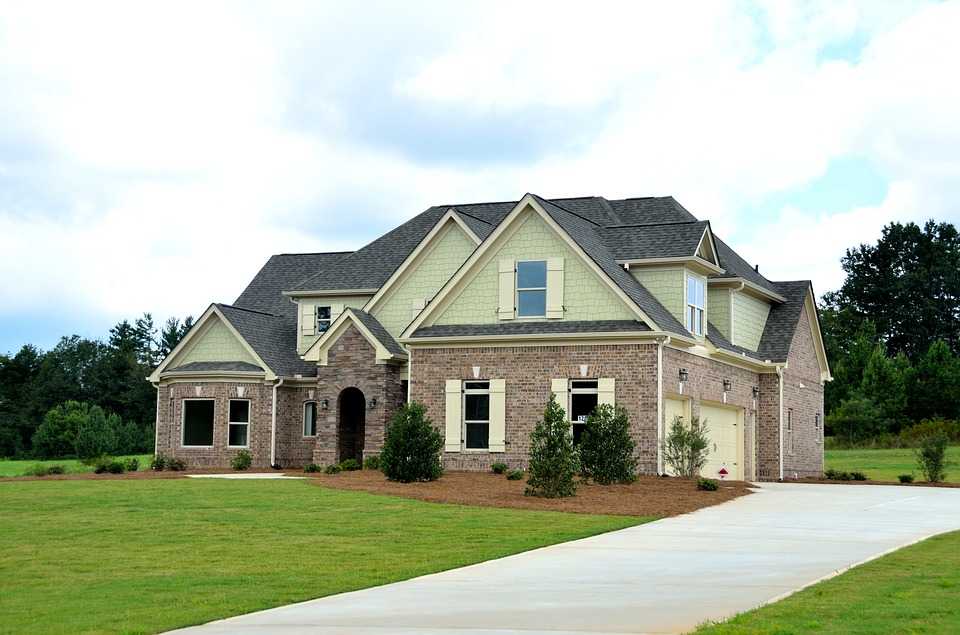
Landlord’s
There are many things a landlord must keep in mind when they own properties and rent out to the tenants. They have plenty of responsibilities, and the legal teams and the law in Maryland ensure the security of both the landlords and the tenants through a list of statutes protecting both parties. There are two types of responsibilities landlords have to cater to when renting out homes or apartments. They have to worry about the legalities and the safety of the tenants. In other words, everything inside and outside the home must be livable.
Legal Requirements for Landlords in Maryland
All laws for landlords are found in the “Annotate Code of Maryland, Real Property, Title 8: Landlord and Tenant.”
The Contract
The legalities cover a wide range of topics that landlords are responsible for when dealing with the tenants. The contract is where it all begins, and it can take a Maryland landlord and tenant lawyer to get the ins and outs sorted out with the laws. The contract can get very confusing, and it must be read and understood by all parties. There should be automatic renewal provisions written in the lease that states the tenant can rent for another year should they decide.
Deposits
The next thing would be the security bonds or deposits. A landlord can collect up to two months of deposits from the tenant legally. Deposits do several things. It is a promissory form of payment from the tenant to the landlord. Most deposits are refundable at the end of the lease. Should the tenant fall behind on payments or damage any property, the deposit will cover the loss of income or damages.
Receipts
It is the responsibility of the landlord to give receipts at the time of payments from the tenants. This gives records to both parties that all the payments are current and on time. It covers the tenants back, stating they have paid, and it shows the income for the landlord.
Prohibitions
There are prohibition laws against landlords that keep them from performing retaliatory evictions. This means that the landlord cannot hold a grudge on the tenant for any reason and have them thrown out if the tenant is following the rules of the contract.
Safety Requirements for Landlords in Maryland
These requirements deal with the structure of the home or apartments. The law protects the tenant in these situations, and the tenant has the right to withhold monthly payments as long as the safety hazard is an issue and not repaired.
Inspections
Inspections can be given at any time according to an agreement with the landlord and the tenant. All lead hazards need to be reduced and removed. The inspections are designed to ensure the property is kept up with, and the tenants take care of their end of the deal. It is the responsibility of the landlord to take note of everything that needs repair in the inspections and make sure they are repaired.
Dangerous Defects
Anything dealing with the structure of the walls, floors, steps that can cause injuries must be repaired immediately. The contract should be the start of where the legality of safety begins. The contract should state that everything is livable and safe conditions are agreed upon in writing. There is a minimum to what the landlord has to have in the whole operation of the rental place. Basics must work properly, lights, facilities, heat, ventilation, and sanitation. The premises and structure should remain sanitary and safe. That is the Minimum Livability Code for Maryland’s standards.
The Rights of Both Parties
As long as the tenant pays and takes care of the property owned by the landlord, everything should run smooth with the rental or lease agreement. The laws protect the landlord, keep them in business, and protect them from any false claims from the tenant. The tenant has laws that protect them if the landlord breaches the contract as well. Everything should be in working condition and safe. Some attorneys handle cases like these, and they mainly offer a free consultation. If there is a breach in the contract from either party, the lawyer will get it fixed.






